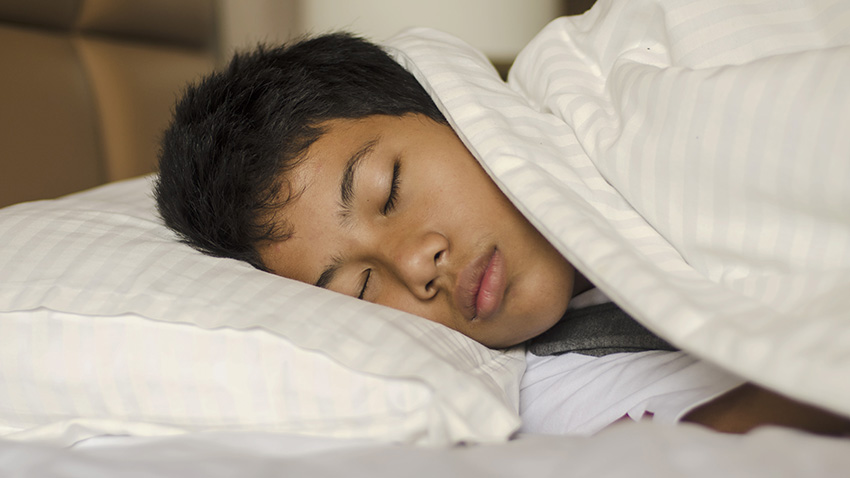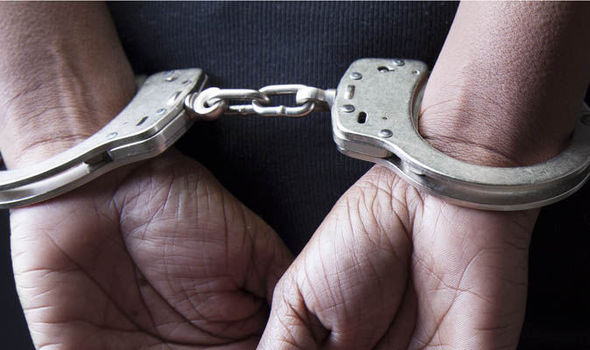Unsafe abortions are killing dozens of girls in Malawi. Many staunchly Christian parents do not inform their children about birth control, and unwanted pregnancies abound, prompting calls for the liberalisation of abortion.
Martha Msungama, 20, got pregnant three years ago while she was dating a married man. He didn’t want to take responsibility for her pregnancy, and Msungama was afraid that social stigma and caring for the infant would force her to leave school.
Her options were limited. Her staunchly Christian parents oppose abortion, so she didn’t turn to them or to her friends.
Instead, Msungama went in secret to a private clinic. “The clinician made it clear I was doing it at my own risk. Whatever happened after the abortion, he would not be responsible,” she says.
Later, when she started suffering from abdominal pains and heavy bleeding, her friends and family did not understand what was wrong with her.
Abortion-related complications
Thousands of women are treated for abortion-related complications every year in the southern African country, where the procedure is illegal except when the pregnancy threatens the woman’s life.
Malawian politicians are debating loosening the country’s strict abortion law as backstreet abortions kill dozens of women annually.
Msungama was lucky, and she survived her abortion. But Juliana Lunguzi, head of a parliamentary health commission and co-author of a study on abortion in Malawi, says it is one of the leading causes of maternity-related deaths and injuries in the country.
Malawi had a maternal mortality rate of 510 deaths per 100 000 births in 2013, according to the World Health Organization. Lunguzi says about 17 per cent of maternity-related deaths are due to unsafe abortions.
“At health facility level, there is evidence that backstreet abortions are numerous,” she said. “And these unsafe abortions come to hospitals when the cases have already become complicated.”
Teenage pregnancies
According to the 2011 study carried out by Lunguzi and other researchers, 70 194 abortions – the vast majority of them illegal – were performed in 2009.
About 19 500 women were treated in health facilities for abortion-related complications that year.
It is estimated that the number of abortions has increased slightly in recent years.
Gynaecologist Grace Chiudzu, who campaigns for a more liberal abortion law, says she knows of two girls who died of abortion-related complications recently.
One of them used a sharp object to abort, while the other took a herbal concoction.
Unsafe abortion is a major public health concern for many developing countries, with Africa having one of the highest risk levels.
More than half of pregnancies in Malawi were unintended in 2010, according to Lunguzi.
Teenage pregnancies are common, with the tradition of girls marrying young favouring early sexual activity. The law sets the minimum marriage age at 15, though people younger than 18 years need parental permission to marry.
Rural settings
Contraceptive pills are available free of charge at hospital, but medical assistants distributing them may ask for bribes, and the drugs are also often in short supply.
“Most abortions happen in rural settings where people are illiterate and do not understand the importance of birth control,” said Gerard Kaitano, a medical officer at a clinic in Balaka, 300km south of the capital Lilongwe.
“People mistakenly believe that contraceptive pills affect men’s performance in bed,” he said. “And most people shun condoms.”
Observers also blame the large number of abortions on the conservative nature of Malawian society, where many people are practising Catholics or other Christians reluctant to educate their children about sexual issues.
“Because you hardly hear sexual intercourse and reproductive health being discussed at household level, unwanted pregnancies occur,” Lunguzi said.
‘Blank cheque to unprotected sex’
Traditionally in Malawi, abortions are shrouded in secrecy. Women often use herbal concoctions that aren’t effective in terminating pregnancies.
A woman who aborts illegally faces up to seven years in prison, but in practice, women are rarely jailed.
Legislator Victor Musowa says Malawians should stop “hiding” behind religious and cultural beliefs “when we are faced with such pertinent issues”.
“I call on my fellow legislators to respond to calls for safe abortion,” said Musowa, who belongs to the ruling Democratic Progressive Party (DPP).
Lunguzi feels that Malawi should increase awareness about how to avoid unwanted pregnancies rather than “giving a blank cheque to unprotected sex” by liberalising abortion.
“What I am eager to focus on is the prevention of unprotected sexual intercourse, abstinence, and the use of family planning methods including condoms,” she says.





No comments! Be the first commenter?